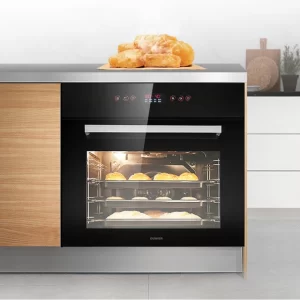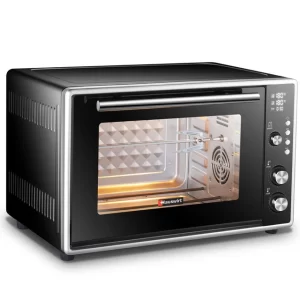Can microwave ovens be repaired?
Introduction:
Microwave ovens have become a staple in modern kitchens, providing a quick and convenient way to heat and cook food. However, like any electrical appliance, microwave ovens can experience issues or malfunctions over time. When faced with a malfunctioning microwave oven, many users wonder if it can be repaired rather than replaced. In this article, we will explore the repairability of microwave ovens, discussing common problems, repair options, the expertise required, and the potential cost implications. By understanding the repair possibilities, users can make informed decisions about whether to repair or replace their microwave ovens.
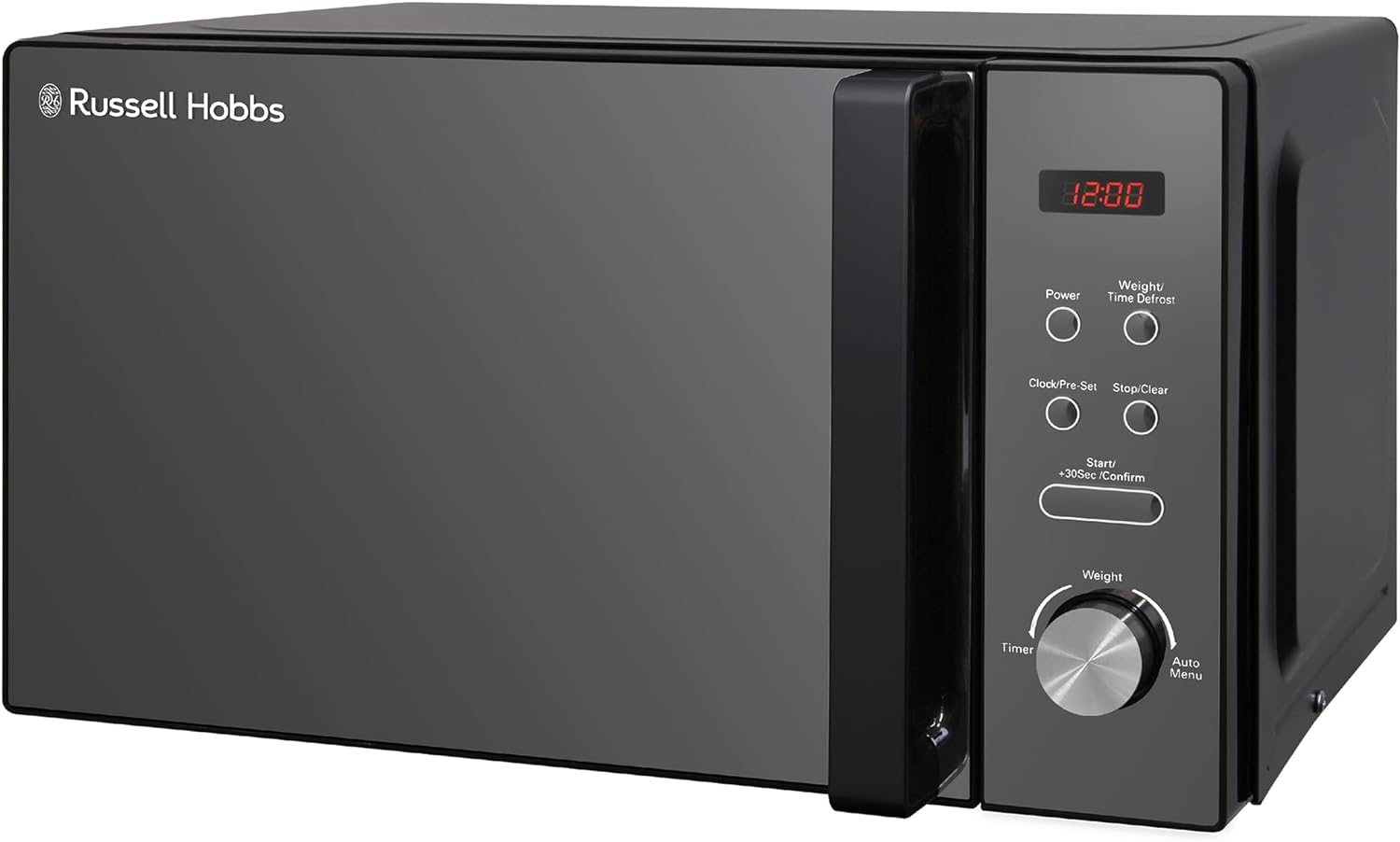
Can microwave ovens be repaired?
Common Microwave Oven Problems:
a. Door Issues: Problems with the microwave oven door, such as a loose or broken latch, can prevent it from closing properly or cause safety concerns.
b. Power Failure: Power-related issues, such as a blown fuse or tripped circuit breaker, can result in a complete loss of power or intermittent operation.
c. Faulty Control Panel: A malfunctioning control panel can cause issues with programming, display errors, or unresponsive buttons.
d. Heating Problems: Heating-related problems can include uneven heating, no heating at all, or food not reaching the desired temperature.
e. Turntable Malfunctions: A malfunctioning turntable can prevent even rotation of food, leading to uneven cooking or heating.
f. Strange Noises or Smells: Unusual noises or smells during microwave operation can indicate internal component issues or malfunctioning parts.
Repair Options for Microwave Ovens:
a. DIY Repairs: Some minor issues with microwave ovens can be resolved through do-it-yourself (DIY) repairs. These may include replacing a blown fuse or fixing a loose door latch. However, it is essential to have a basic understanding of electrical safety and the specific repair required.
b. Manufacturer Service Centers: Many microwave oven manufacturers have dedicated service centers that offer repair services for their products. Authorized technicians can diagnose and fix a wide range of issues, ensuring proper repairs and the use of genuine parts.
c. Independent Repair Technicians: Independent repair technicians, often found locally, specialize in repairing various appliances, including microwave ovens. These technicians can provide repairs for different brands and models, offering convenience and potentially lower costs compared to manufacturer service centers.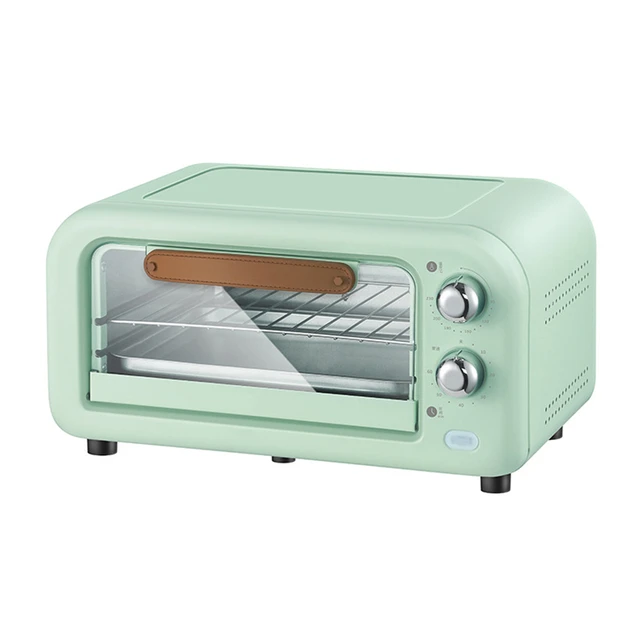
Expertise and Skills Required:
a. Electrical Knowledge: Repairing microwave ovens involves working with electrical components and circuits. It requires a certain level of electrical knowledge and expertise to ensure safe repairs and prevent electrical hazards.
b. Technical Understanding: Repairing microwave ovens requires a technical understanding of the appliance’s components, such as magnetrons, transformers, capacitors, and switches. Knowledge of their functions and how they interact is crucial for accurate diagnosis and effective repairs.
c. Experience with Microwave Ovens: Repair technicians with experience specifically in microwave oven repairs are more likely to have the necessary skills, tools, and knowledge to diagnose and fix a wide range of issues.
Cost Implications:
a. Cost of Repairs: The cost of repairing a microwave oven can vary depending on the specific issue, the brand, and the availability of parts. Minor repairs, such as replacing a fuse, may be relatively inexpensive, while major component replacements or complex repairs can be more costly.
b. Repair vs. Replacement: Comparing the cost of repairs to the price of a new microwave oven is essential when deciding whether to repair or replace the appliance. If the cost of repairs exceeds a certain threshold or if the microwave oven is outdated or showing signs of multiple issues, replacing the unit may be a more cost-effective option.
c. Warranty Coverage: If the microwave oven is still under warranty, repairs may be covered by the manufacturer. It is important to check the warranty terms and conditions to determine the coverage eligibility and any associated costs.
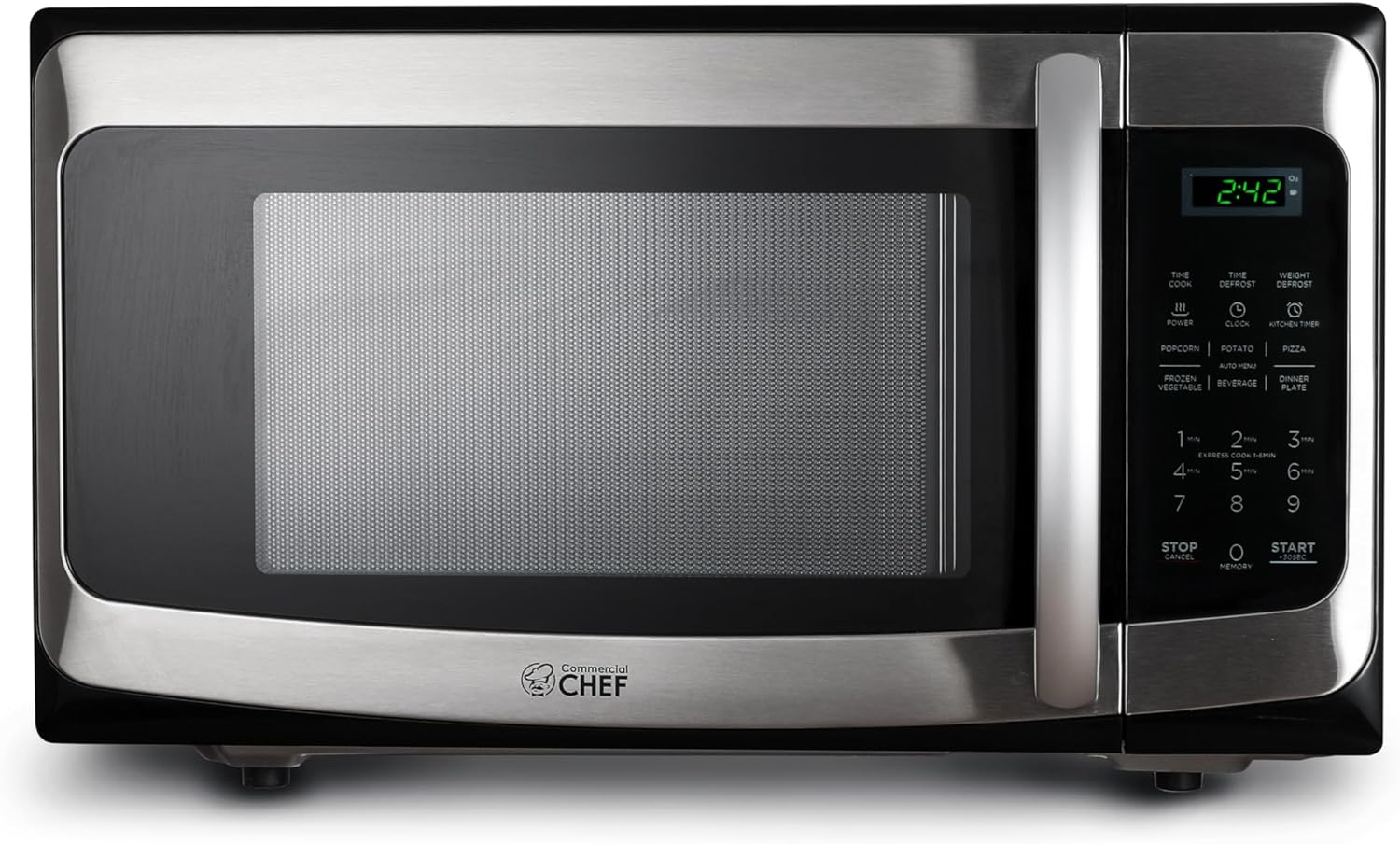
Environmental Considerations:
a. Electronic Waste: Repairing a microwave oven can contribute to reducing electronic waste. By extending the lifespan of the appliance through repairs, users can reduce their environmental impact and conserve valuable resources.
b. Resource Consumption: Manufacturing new appliances requires significant energy and resources. Repairing a microwave oven instead of replacing it helps minimize resource consumption and reduces the carbon footprint associated with production and disposal.
When to Consider Replacement:
a. Safety Concerns: If the microwave oven poses safety risks, such as electrical hazards or faulty door mechanisms, it may be safer to replace the unit rather than attempting repairs.
b. Multiple Issues: If the microwave oven is experiencing multiple issues or has a history of recurring problems, it may be more cost-effective to invest in a new appliance rather than continually repairing it.
c. Outdated Technology: If the microwave oven is outdated and lacks modern features or energy efficiency advancements, replacing it with a newer model can provide enhanced functionality and energy savings.
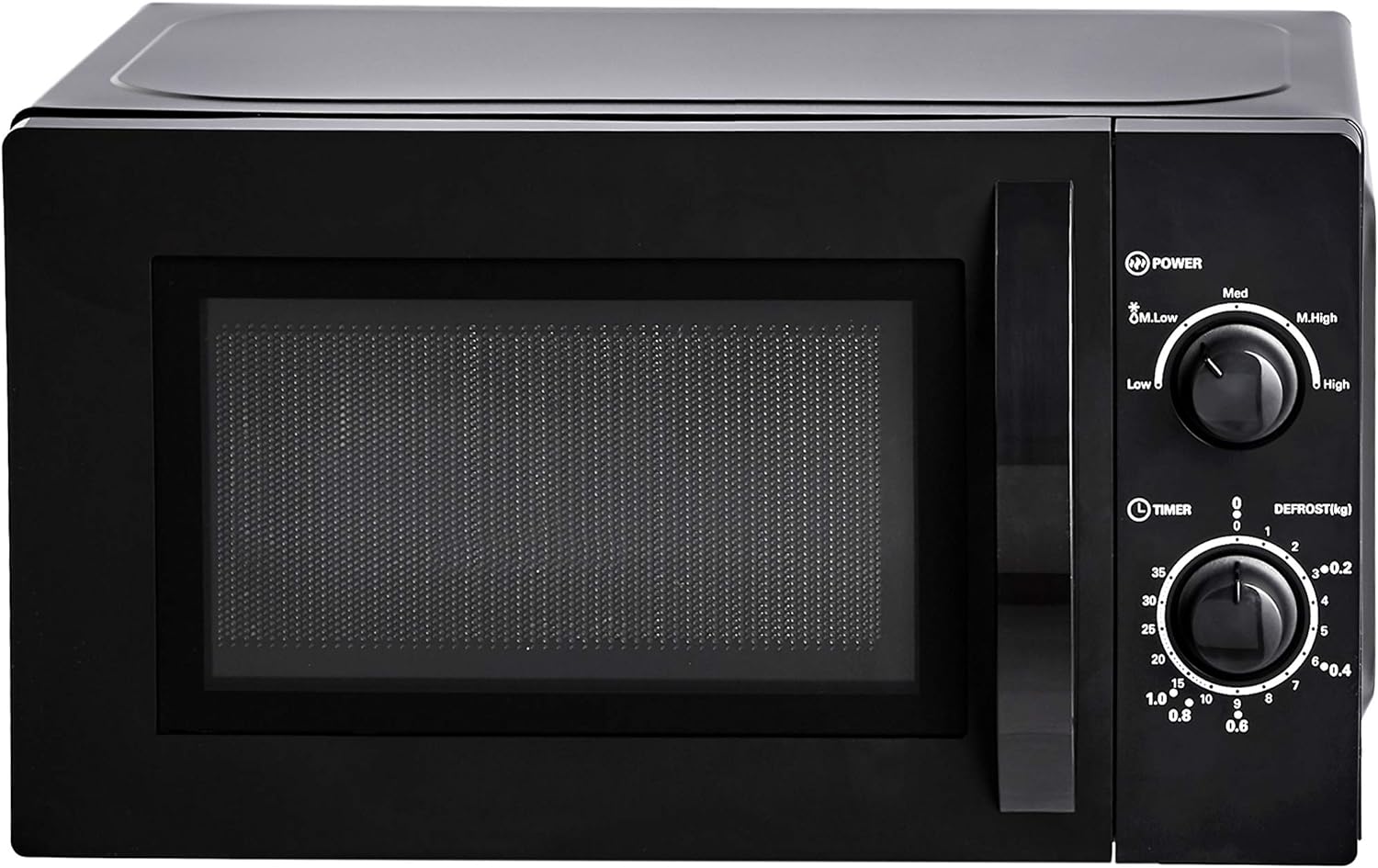
Maintenance and Care for Microwave Ovens:
a. Regular Cleaning: Proper maintenance and cleaning of the microwave oven can help prevent issues and prolong its lifespan. Regularly wipe down the interior and exterior surfaces, remove any food residue, and clean the turntable and accessories.
b. Avoiding Overheating: Avoid running the microwave oven for extended periods or continuously, as this can cause overheating and potentially lead to component failure. Follow recommended cooking times and allow the appliance to cool down between uses.
c. Using Microwave-Safe Cookware: Ensure that the cookware and containers used in the microwave oven are labeled as microwave-safe. Inappropriate or damaged cookware can pose safety risks and potentially damage the appliance.
d. Avoiding Metal and Aluminum Foil: Do not place metal objects or aluminum foil inside the microwave oven, as they can cause arcing and damage the appliance.
e. Routine Inspections: Periodically inspect the microwave oven for signs of wear or damage, such as frayed cords, loose connections, or cracked surfaces. Promptly address any issues to prevent further damage or potential safety hazards.
Safety Considerations:
a. Electrical Safety: When attempting DIY repairs or maintenance, always ensure that the microwave oven is unplugged from the power source. If unsure about the repairs or dealing with electrical components, it is recommended to seek professional assistance.
b. Warranty and Authorized Technicians: If the microwave oven is still covered by warranty, consult the warranty terms and conditions before attempting repairs. In many cases, repairs by unauthorized technicians or DIY repairs can void the warranty.
c. Personal Safety: Microwave ovens operate at high temperatures, and caution should be exercised when handling hot containers or food. Follow the manufacturer’s instructions and use appropriate oven mitts or gloves to avoid burns or injuries.
Consulting Professional Assistance:
Complex Repairs: If the issue with the microwave oven is complex or requires technical expertise, it is advisable to consult professional repair services. Authorized technicians with experience in microwave oven repairs can accurately diagnose the problem and provide effective solutions.
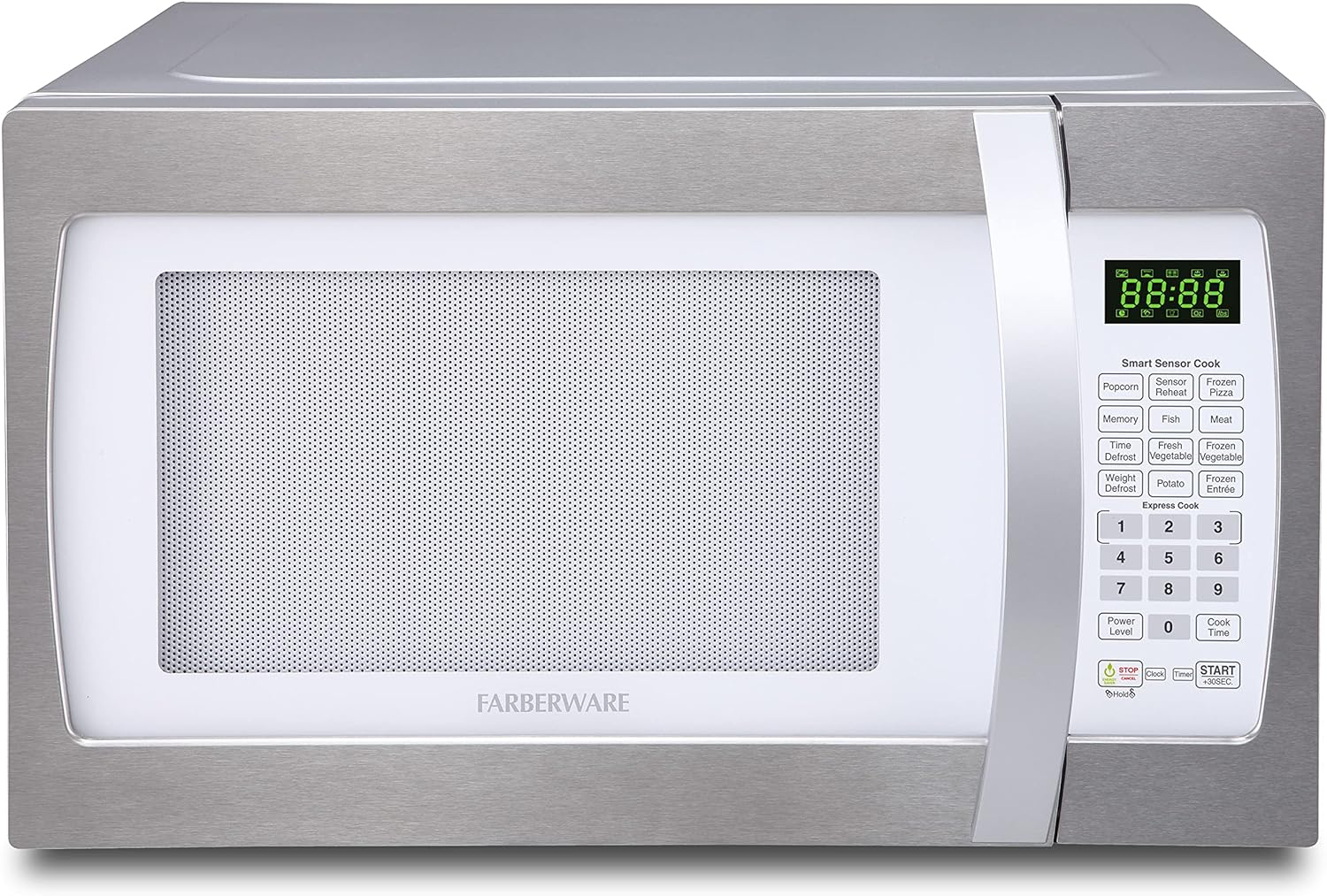
Conclusion:
Microwave ovens can often be repaired, depending on the specific issue and the expertise required for the repairs. DIY repairs can be attempted for minor issues, provided the necessary electrical knowledge and safety precautions are taken. Manufacturer service centers and independent repair technicians offer professional repair services for a wide range of problems. However, cost considerations, warranty coverage, and the overall condition of the microwave oven should be taken into account when deciding whether to repair or replace the appliance. Repairing microwave ovens not only provides cost savings but also contributes to reducing electronic waste and minimizing environmental impact. By understanding repair options, seeking professional assistance when necessary, and considering factors such as safety, multiple issues, and outdated technology, users can make informed decisions about the repairability of their microwave ovens.
